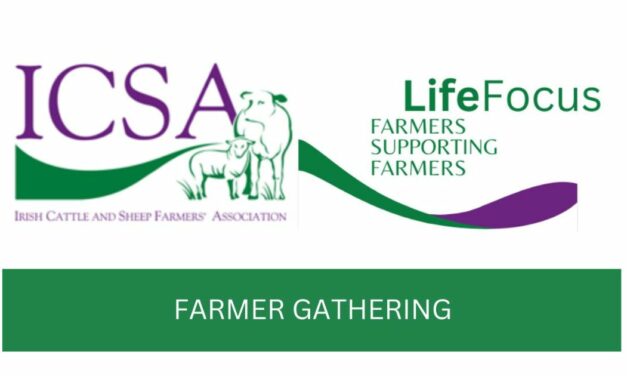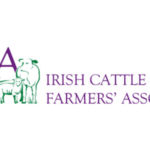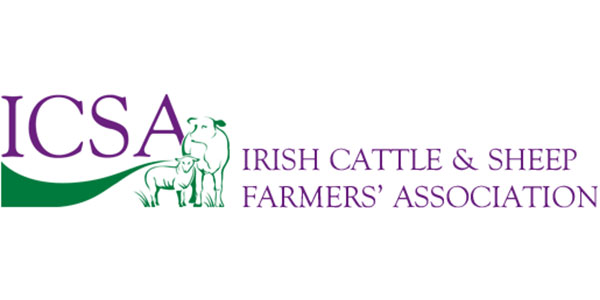AGRA EUROPE – 24 JUNE 2016
By Max Green
Ireland could hold the key to ensuring the EU and post-Brexit UK reach mutually-beneficial trade arrangements for meat and other farm goods.

Farm groups in Ireland have called for cool heads in the wake of the UK’s decision to leave the EU – urging decision-makers to keep trade routes open rather than isolating Britain as an example to other member states.
Ahead of yesterday’s (June 23) vote, many of those arguing against Brexit warned the EU would be unlikely to offer duty-free access, as this could send out the wrong signals at a time when the benefits of EU membership are being questioned elsewhere in the bloc.
But the Irish Cattle and Sheep Association (ICSA) says the importance of Britain as an export market means Brussels needs to adopt a more conciliatory approach.
“The Irish government can play a vital role as a broker between the EU and the UK to help ensure that the single market continues to include the UK, given the huge and unique dependence of Ireland on exports to the UK,” said ICSA president Patrick Kent.
“One thing is clear: the EU must draw back from any knee jerk inclination to punish the UK. The process now needs to be managed on a cordial and consensual basis and retaining the trade levels between the UK and the EU must be paramount. This means that tariff barriers should not be considered,” he added.
Clear strategy needed
His comments were echoed by Joe Healy, president of the Irish Farmers’ Association (IFA), who said the outcome of the UK vote would have major implications for Irish agriculture and the agri-food sector.
“The Government must give a clear signal that the issues of major importance to this sector, our trading relationship with the UK and Northern Ireland and the EU budget, will be central to the EU-UK negotiations. Minimising uncertainty and setting out a clear strategy on the next steps is a priority,” he said in a statement.
For his part, Kent said the EU’s negotiating strategy for TTIP and Mercosur trade deals would need a “total reappraisal” and should probably take a “back seat to getting the terms of trade with the UK right”.
An analysis released earlier this year by Ireland’s Agriculture and Food Development Authority, Teagasc, suggested Britain’s departure from the EU would lead to a reduction in the value of Irish agri-food exports of anything from €150 million to €800 million per year – depending on post-Brexit trading arrangements. The higher end of these estimates equates to more than 7% of Ireland’s total agri-food exports.
Border issues
The report notes that Brexit could also have implications for the meat processing industry’s capacity to operate on an all-Island basis.
Almost one fifth of the pigs produced in Ireland are currently slaughtered in Northern Ireland and about one third of the milk produced on Northern Ireland’s farms is exported for processing in Ireland. Brexit will lead to the introduction of some level of border measures between Ireland and Northern Ireland.
“It would be in the interests of these sectors that the UK retains a trading relationship with the EU that is as close as possible to the terms that would apply under EU membership,” the report notes.
Ahead of the referendum, EU Farm Commissioner Phil Hogan claimed any form of border controls could seriously disrupt trade in agri-food products, notably the daily flow of animals for fattening and dairy products.
Northern Ireland’s farm minister Michelle McIlveen – a member of the pro-leave DUP party – recently said many local farmers were “sceptical about the European Union”. McIlveen’s predecessor Michelle O’Neill, whose party Sinn Fein was pro-remain, claimed Brexit would have “a hugely negative impact” on farming there.
Meanwhile, Irish agriculture minister Michael Creed said he had set up a dedicated unit to work on Brexit-related issues.
“The resilience of the Irish agri-food sector is well recognised and this together with the strong commercial relationships built up over years of trading will help us to negotiate our way though the challenges ahead,” he said.






